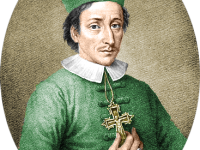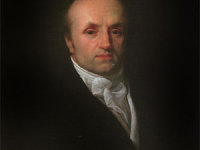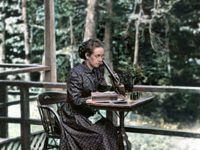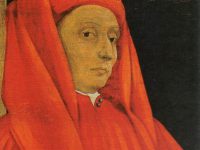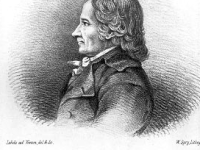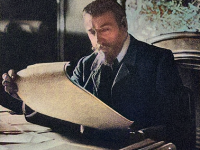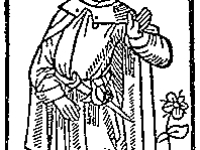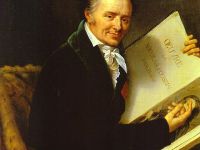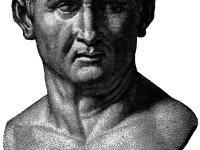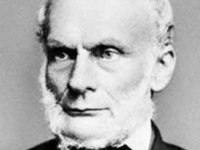Nicolas Steno and the Principles of Modern Geology
In January 11, 1638, Danish Catholic bishop and scientist Nicolas Steno was born. He was both a pioneer in both anatomy and geology, and seriously questioned accepted knowledge of the natural world. Importantly he questioned explanations for tear production, the idea that fossils grew in the ground and explanations of rock formation. By some he is considered the founder of modern stratigraphy and modern geology. “Beautiful is what we see, More Beautiful is what we…
Read more











